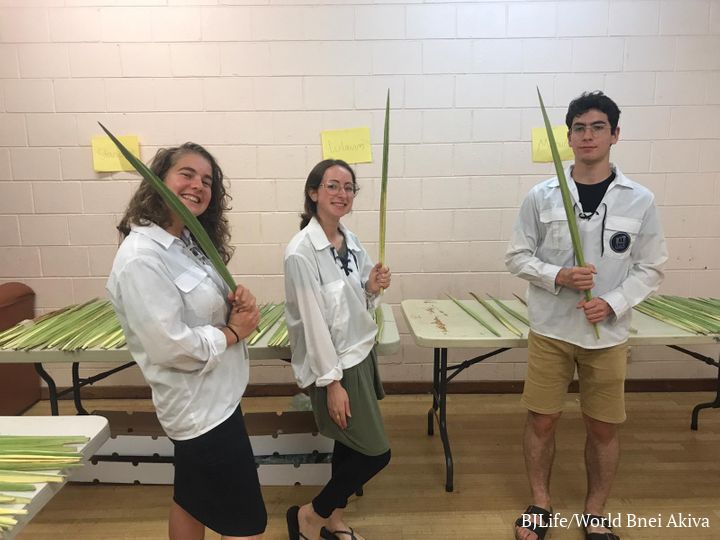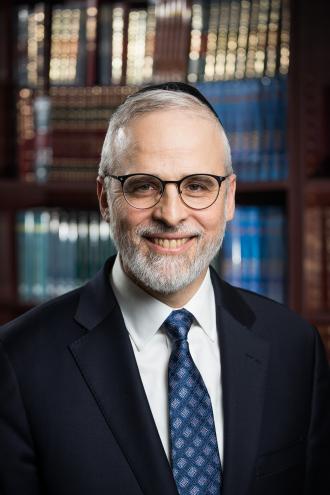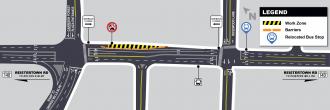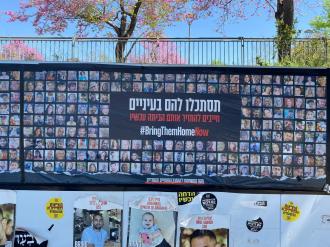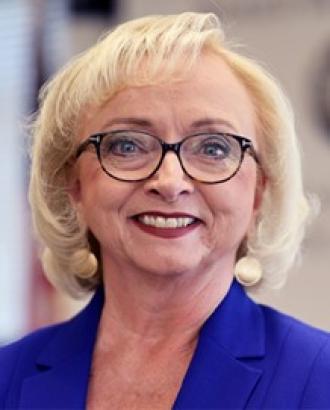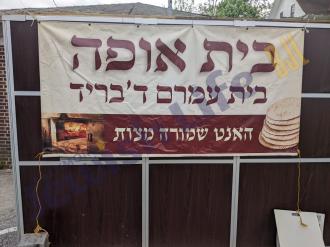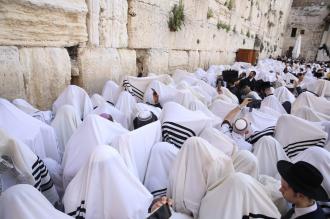Young Israeli emissaries from the World Bnei Akiva movement, who have been dispatched overseas to reinvigorate Jewish life for young Jews around the world, helped their respective communities overcome a number of hurdles to successfully celebrate the Sukkot holiday. A number of the communities faced challenges getting a hold of a set of the four species, which according to tradition, are waved together as one unit on the Sukkot holiday. Each set of the four species includes an etrog (citron), lulav (closed frond from a palm tree), three hadassim (myrtle branches) and two aravot (willow branches).
In Sweden, Bnei Akiva’s emissary, Eliezer Vider, assumed responsibility for ordering dozens of sets of the four species from Israel for Stockholm’s Jewish community. “This followed three separate orders and was accompanied by a lot of stress. One package arrived on Yom Kippur evening and it turned out to include only etrogs. The hadassim and lulavs arrived on Yom Kippur itself, so we could not travel to get them. Subsequently, after hours of phone calls, we found out what had happened to them. The aravot were received from England and they arrived on someone else's name. Eventually, everything turned out to work and was successfully distributed.” Smiling, Vider added, “We knew beforehand that it is not easy to be a Jew, even in the age of the ‘global village.’”
In Australia, Bnei Akiva emissaries served as suppliers for their respective communities, receiving the produce from Bnei Akiva Australia, which is the composite body that coordinates all of the country’s local branches in Perth, Sydney and Melbourne. Bnei Akiva’s emissary in Perth, Esther Lavi said: "The cost is very expensive for suppliers, so we had to sell them at a high price. The price of a set for us as a wholesaler ranged from $120 for a standard set to $160 for a fancy set." For the fourth year in a row, Esther and her spouse, Gilad sold 200 sets to members in the local community. Likewise,Yisca and Motty Goodman, the emissaries in Melbourne, sell an average of 300 sets a year. Proceeds from the sales go towards helping members of Bnei Akiva who wish to join the movement’s "Hachshara" program, an annual volunteer and study program in Israel open to high school graduates from around the world.
Next door in New Zealand, Bnei Akiva’s emissary to Auckland, Elisheva Vogel, noted that there were only four sets available to the entire Jewish community, which numbers about 4,000. Each set was bought and imported for a nominal cost of $1000. Moreover, the four sets were kept and guarded in a vault at the community's headquarters, and anyone who wanted to use them on the holiday needed to arrange for an appointment to do so. The difficulties associated with accessing the four species are due to New Zealand’s strict laws regarding the importation of agricultural produce. Such regulations are set in place to protect New Zealand’s uniquely distinct ecosystem. As a result, importing the four species, even just from Australia, entails a very complicated and expensive process that begins months in advance.
The cost of acquiring a set of the four species in Rio de Janeiro is relatively far more modest at 400 Brazilian reals, approximately valued at $100. Like New Zealand, however, Brazil's Ministry of Agriculture has also instituted a number of restrictions on agricultural imports. Only two licensed importers operate in Brazil, one of which is located in Sao Paulo. Amit Leon, Bnei Akiva’s envoy in Rio de Janeiro, related that Rabbi of the "Bar Ilan" community in Copacabana, Rabbi Zippel, made sure that the Jewish community received 250 sets from Israel and imported through Sao Paulo.
The situation in Vienna and Milan is comparatively simpler and less expensive. Bnei Akiva’s emissary to Milan, Uria Lazare, said: "Last year, I ordered a closed set that arrived on the eve of the holiday and was really disappointed to find that the hadassim were already dried up and disassembled after they were shipped from Israel. This year, I bought a whole set for 45 euros at the kosher mini market in Milan. The hadassim looked fine.” Any member of Vienna’s Jewish community, which numbers around 10,000, can buy a set at either one of the two kosher supermarkets in town. Boaz Degorker, the emissary of Bnei Akiva in Vienna, bought his personal set at the supermarket for 40 euros.
Bnei Akiva is a Jewish religious Zionist youth movement, which inspires and empowers young Jews all over the world. The largest Zionist youth movement in the world, Bnei Akiva is active in 22 countries and 43 cities with over 100 branches represented by over 100 emissaries.
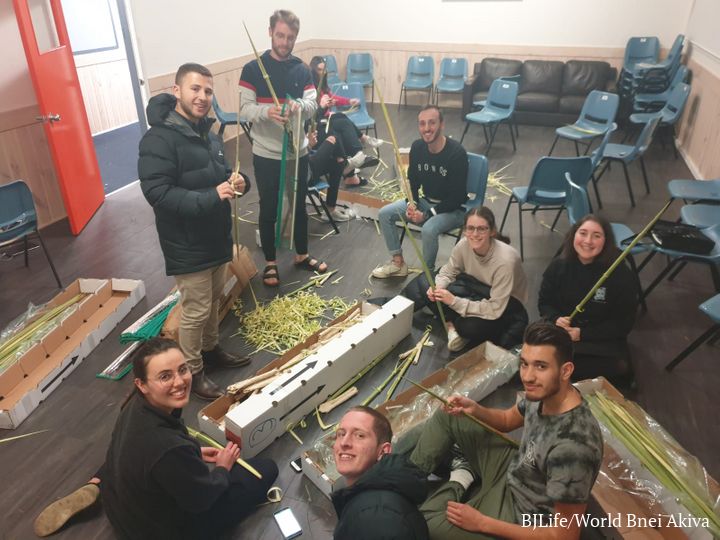
.jpg?width=720&watermark=BJLife/World Bnei Akiva&hash=IH3I4vKtk0JaXQkTNi_di5-CP-AHetFL-ZXza3YTZgA)
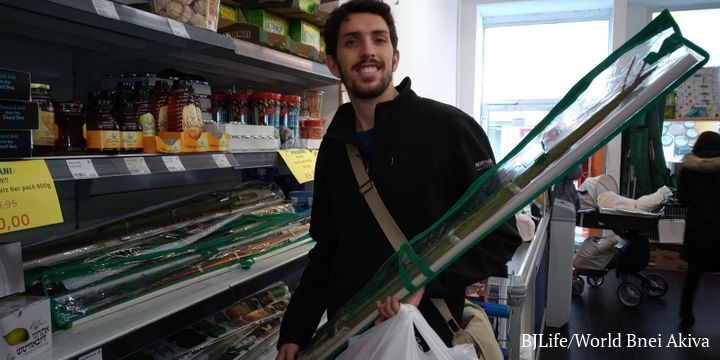
.jpg?width=720&watermark=BJLife/World Bnei Akiva&hash=3WrJv45p6hiZg8AjkzzwAInT1-dqfC1auuBVnaTFEow)
